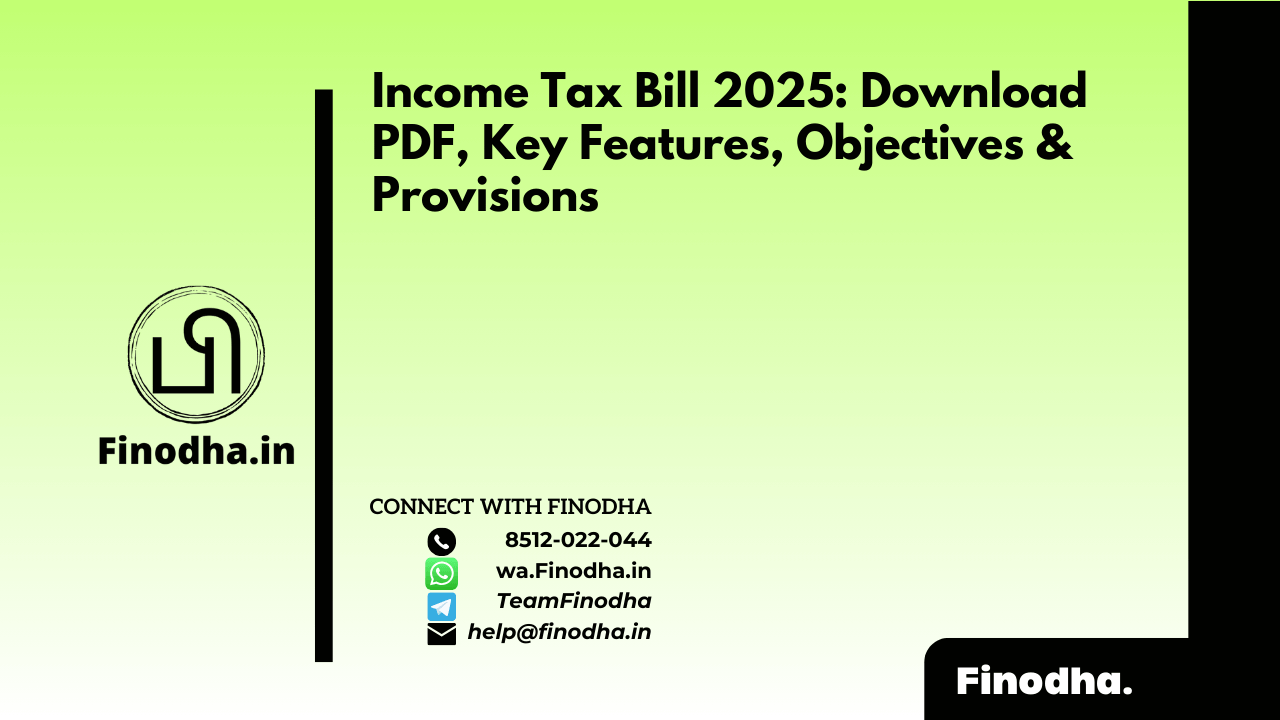Important keywords: Mortgage burnout, Burnout syndrome, Burnout refinancing, Prepayment rates, Mortgage-backed securities, Refinancing costs, Interest rate fluctuations, Credit scores, Closing costs, Debt consolidation.
Table of Contents
Introduction:
Mortgage burnout, also known as burnout syndrome or burnout refinancing, refers to a phenomenon where mortgage-backed securities’ prepayment rates decrease despite falling interest rates. This article delves into the concept of burnout, its implications for mortgage investors, and the factors that influence the decision to refinance.
Subheadings:
- The Dynamics of Mortgage Burnout:
When interest rates drop, it typically results in higher monthly principal repayments on mortgage-backed securities (MBS). However, burnout occurs when MBS holders fail to take advantage of the opportunity to refinance their mortgages at lower interest rates. - Understanding Refinancing and Burnout:
2.1 Impact of Interest Rates: Burnout is closely tied to fluctuations in interest rates. A decline in interest rates prompts homeowners to consider refinancing their mortgages, which can lead to a higher single mortality rate on MBS.
2.2 Goals of MBS Holders: MBS holders, who invest in bundles of home loans, prefer borrowers to adhere to the original mortgage terms. Early mortgage repayment means MBS holders receive their invested capital sooner but miss out on the interest payments they anticipated.
- Factors Influencing Burnout:
3.1 Refinancing Costs: The expenses associated with refinancing, such as closing costs, vary by state and loan terms. Higher refinancing costs may deter borrowers from pursuing refinancing unless the interest savings are substantial.
3.2 Credit Scores and Timing: Borrowers with higher credit scores tend to refinance earlier in the interest rate downturn. They take proactive steps to modify their mortgage terms as soon as it becomes financially viable, rather than waiting for further interest rate declines.
Advantages:
- Lower Interest Payments: Refinancing at a lower interest rate can lead to significant savings in monthly mortgage payments.
- Improved Cash Flow: Reduced mortgage payments through refinancing can free up funds for other financial goals or expenses.
- Opportunity for Debt Consolidation: Refinancing can provide an opportunity to consolidate high-interest debt into a more manageable mortgage.
Disadvantages:
- Refinancing Costs: The expenses associated with refinancing, such as appraisal fees and closing costs, can impact the overall financial benefit.
- Extended Loan Term: Refinancing may result in a longer loan term, leading to a higher overall interest cost over time.
- Qualification Requirements: Borrowers need to meet certain eligibility criteria to qualify for refinancing, such as credit score and income requirements.
Self-Explanatory Bullets:
- Mortgage burnout refers to a decrease in prepayment rates despite falling interest rates.
- MBS holders may lose out on anticipated interest payments due to early mortgage repayments.
- Refinancing costs and credit scores influence the decision to refinance during burnout.
FAQ:
Q1: What is mortgage burnout?
A1: Mortgage burnout refers to a situation where prepayment rates on mortgage-backed securities decrease despite falling interest rates, resulting in missed opportunities for refinancing.
Q2: Why do MBS holders prefer borrowers to adhere to the original mortgage terms?
A2: MBS holders expect to receive interest payments over the life of the mortgage, and early repayments result in the loss of anticipated interest income.
Q3: What factors should borrowers consider before refinancing?
A3: Borrowers should evaluate refinancing costs, potential savings in interest payments, and their creditworthiness to determine the feasibility of refinancing.
Example:
In India, mortgage burnout can be observed when homeowners fail to capitalize on declining interest rates to refinance their home loans. For instance, imagine a borrower who took out a mortgage when interest rates were high. As rates decrease, the borrower has an opportunity to refinance the loan at a lower rate, which could result in substantial savings on monthly repayments. However, if the borrower does not initiate the refinancing process, they may miss out on the potential benefits and find themselves locked into a higher interest rate.
Key Takeaways:
- Mortgage burnout occurs when prepayment rates decline despite falling interest rates.
- Refinancing at lower interest rates can lead to reduced monthly mortgage payments.
- Factors like refinancing costs and credit scores influence the decision to refinance during burnout.
Conclusion:
Mortgage burnout presents both challenges and opportunities for homeowners and mortgage-backed securities investors. By understanding the dynamics of burnout and the factors that influence refinancing decisions, borrowers can make informed choices to optimize their mortgage payments. It is crucial to carefully evaluate the potential advantages and disadvantages before deciding to refinance, considering individual financial circumstances and long-term goals.
Popular Tags:
Capital gains (21) CGST (277) Chapter VI-A (15) e-Compliance Portal (21) E-Verify (20) economic growth (21) F&O Trading (29) F.No.354/117/2017-TRU (23) F. No. CBIC-20001/4/2024-GST (15) Financial planning (15) financial stability (17) GST (1424) IGST (222) Income from House Property (17) Income Heads (16) Income Source (14) Income tax (111) Income Tax Account (15) Income Tax Filing (20) Indian context (22) Indian investors (16) ITR-3 (19) ITR Form (20) P&L Statement (24) PAN (13) Risk Management (20) Salary Income (19) Section 7(1) UTGST Act 2017 (14) Section 8(1) UTGST Act 2017 (26) section 9 (18) section 10 (28) section 15 (13) section 25 (17) section 39 (24) section 49 (16) section 50 (16) section 51 (13) Section 52 (16) Section 54 (13) section 73 (20) section 74 (21) SGST (223) Speculative Income (14) Trading Income (33) UTGST (78)




